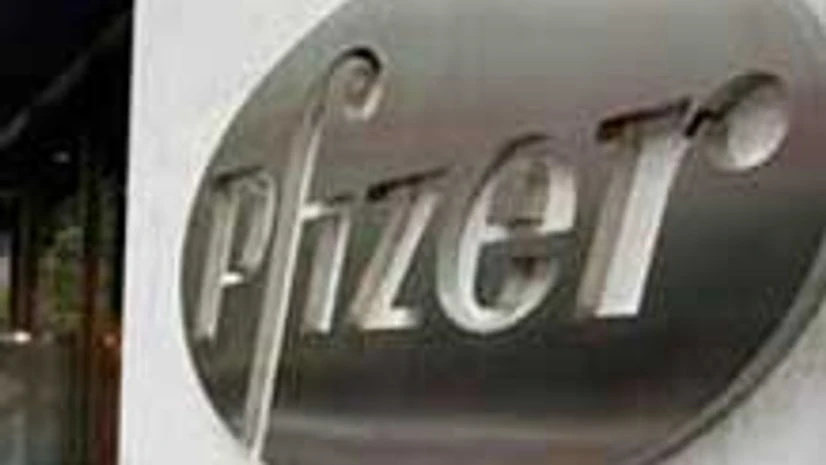“We are disappointed with the decision and plan to appeal. We remain concerned about the environment for innovation and investment in India. This ruling may further deter innovative companies from engaging in local partnerships and investing in the healthcare industry in India,” said a Pfizer spokesperson.
The ruling by the Patents Controller is a repeat of an earlier order passed by it in October 2012 in response to a post-grant opposition filed by domestic drug maker Cipla. The Patent Controller had revoked Pfizer’s patent on the drug, saying the claim does not involve any inventive steps. The American company appealed in the Supreme Court. However, the apex court reinstated the patent and directed the patent office for a fresh hearing.
Following this, Pfizer also approached Delhi High Court, seeking a stay on sale of Cipla’s version of the drug. However, in December 2012, the HC adjourned Pfizer’s case and instead decided to wait for the patent office’s decision. Now, Pfizer says it will again appeal against the latest ruling.
However, it refused to divulge the forum of appeal.
The case adds to a string of ongoing disputes over patents in India. While the core issue is over the degree of innovation required to obtain a patent in India, the government is under pressure to keep prices of drugs low to make these affordable for the common man.
A patent on a drug gives the patent-holding company a market monopoly for 20 years. Health groups argue that by allowing a patent on incremental innovation, this span of monopoly is further increased. A steep fall in price is usually seen once the patent period is over and other companies are allowed to sell the drug in the market.
Pfizer, which was granted patent for its Sutent in India in 2007, launched the drug at Rs 1.96 lakh for a 45-day treatment. However, Cipla’s version of the drug is reportedly priced at one-fourth of the cost.
“Sutent is not a magic drug and the benefits from this are only incremental in nature. Whereas, the price is so high that it is unaffordable for patients. Allowing patent on such innovation would have resulted in mere monopoly,” says K M Gopakumar of Third World Network.
However, Pfizer argues that concerns such as affordability should be addressed holistically. “While Pfizer understands the Indian government’s intent to improve affordability and access to medicines, these concerns need to be addressed holistically to ensure both the quality and availability of innovative medicines,” it said.
Section 3(d) of the Indian Patent Law prevents what the industry calls ‘evergreening’ — a process of churning out a version of the medicine with incremental modification and no innovation, simply in order to prolong the life of the patent.
One of the popular cases entailing this provision and pending in the highest court of the country is that of Swiss pharma giant Novartis’ anti-cancer drug Glivec. The Supreme Court is expected to pass an order in the case soon.

)
